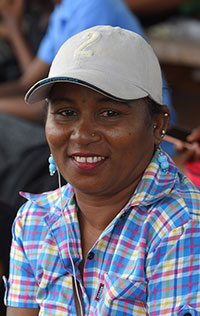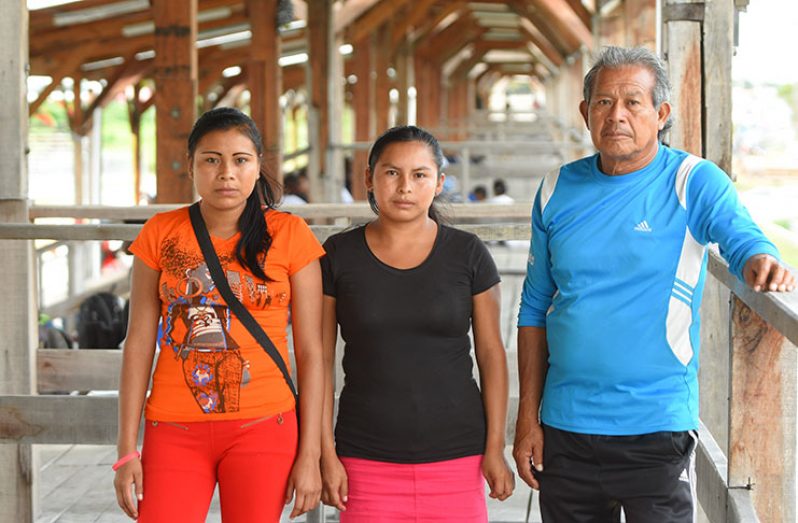INDEPENDENCE was achieved 52 years ago after Guyana’s founding fathers lobbied the British government and monarchy and tried to prove that the country was ready to manage its own affairs. It was achieved at the cost of much strife and tension but paved the way for a free and democratic society.
May 26, definitely provides a time for much celebration- and why not? Independence is an achievement and a half and should be celebrated with much jubilation. More than that, it is a time to reflect on the struggles of Guyana and the Guyanese who enabled the country to become independent.
Yesterday, Guyana celebrated its 52nd Independence Anniversary and many Guyanese would have had the opportunity to reflect on what Independence means for them and how they celebrate the nation’s sovereignty.

The flag raising ceremony was held on the afternoon of May 25, instead of in the evening as was traditionally done in prior years. This allowed youths to come out in their numbers to participate in and witness the programme, perhaps allowing them a greater appreciation for their country’s independence.
Celene Vansluytman was present at the D’Urban Park on Thursday enjoying the rehearsals for the Flag Raising ceremony. She shared, “This is my first year out here and I must say I’m enjoying it.”
Her two daughters represented the National School of Dance and were part of the cultural programme for Independence, which is why she came out to the show. Usually, however, she would spend her Independence at home just viewing the ceremony on television.
This ceremony is the national celebration for the Independence anniversary in Guyana. It’s one that attracts a host of Guyanese and reminds them of the nation’s struggle.
Rebecca Duncan, on the other hand, uses the holiday as an opportunity to sell snacks and goodies to people who come out in their numbers to witness the Flag Raising ceremony.

While present at the D’Urban Park during rehearsals, Duncan said, “I don’t really celebrate Independence, to be honest, but from what I’ve seen here so far, I like it a lot.”
She also noted that the ceremony provides a great opportunity for her children to learn about their country and its struggle for Independence.
Kellay Andres, a Community Development Officer from the Ministry of Indigenous Peoples’ Affairs attached to Region Seven recalled being only a little boy when Guyana first celebrated its Independence in 1966.
“It was celebrated in a kind of a way in the first time but it has only improved over the years. The present one has lots and lots of improvements,” Andres said.
He, however, bemoaned that the Amerindian communities have missed out on the celebrations. He explained, “In the Amerindian communities, like where I work, there is nothing for the people. They just know Independence is a holiday but they don’t celebrate anything, there’s no programme like this.”
Andres stressed, “Georgetown is not Guyana. Individuals should take this kind of programme to the communities so that they can see it and have exposure and have better ideas to see what is going on outside here.”
Attributing to Andres was Delinda John and Diasicia Chung who travelled to Georgetown from the Cuyuni-Mazaruni Region, just a few villages before Mount Ayanganna.
“We don’t really celebrate Independence,” John said. “It is nice but we don’t know much about it.” Chung shared similar sentiments but made known that she knows of the soldiers travelling through her community to get to the mountain to hoist the flag for Independence.
But for some, like Joshua Duke, who is a migrant, Independence is a fantastic time for him no matter where in the world he is.
“I think personally, Independence is basically us saying as a country that we’re mature, responsible and wise enough to make decisions a mother country would usually make for its colonies,” he shared.
And for him, the country’s independence also ascertains his own personal independence no matter where he goes. “It means, I am free,” Duke said. “I don’t have to say that we’re a British colony or anything because I know that many years ago people risked their lives for our Independence and one should feel proud to belong to a free nation.”




.png)









